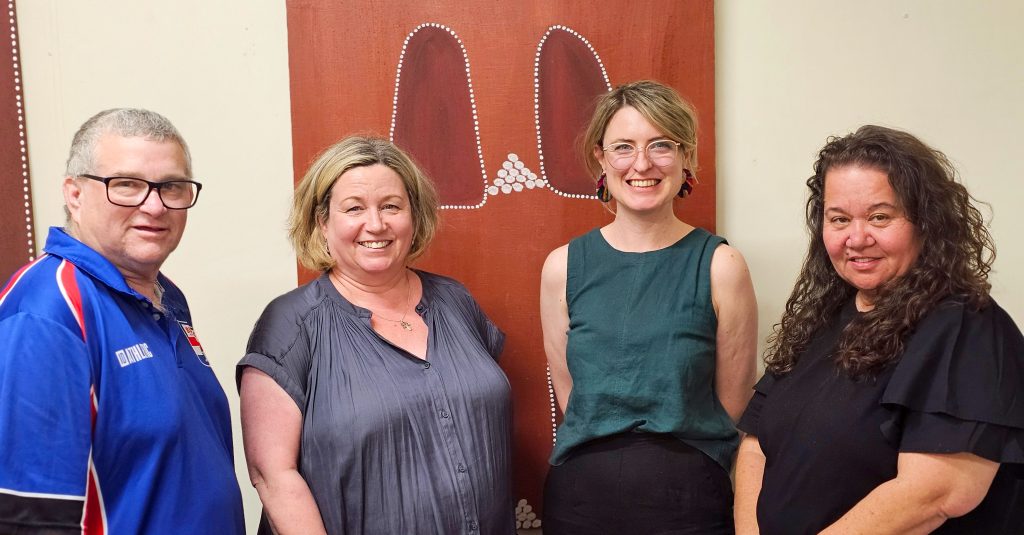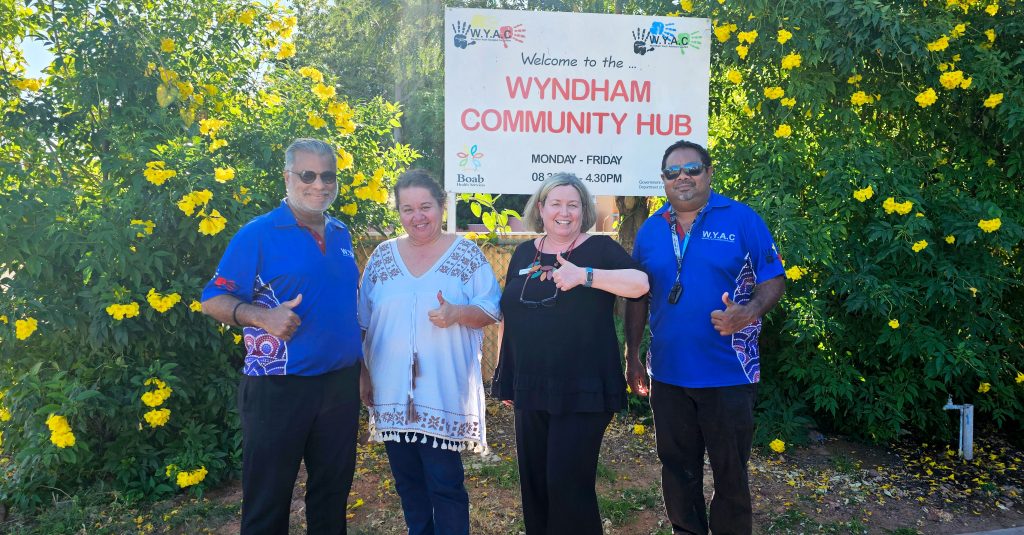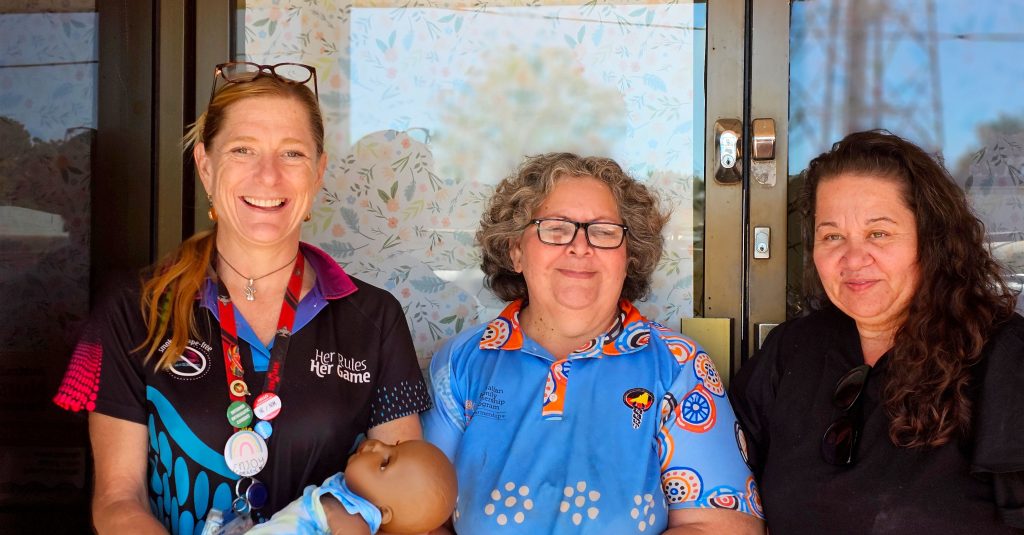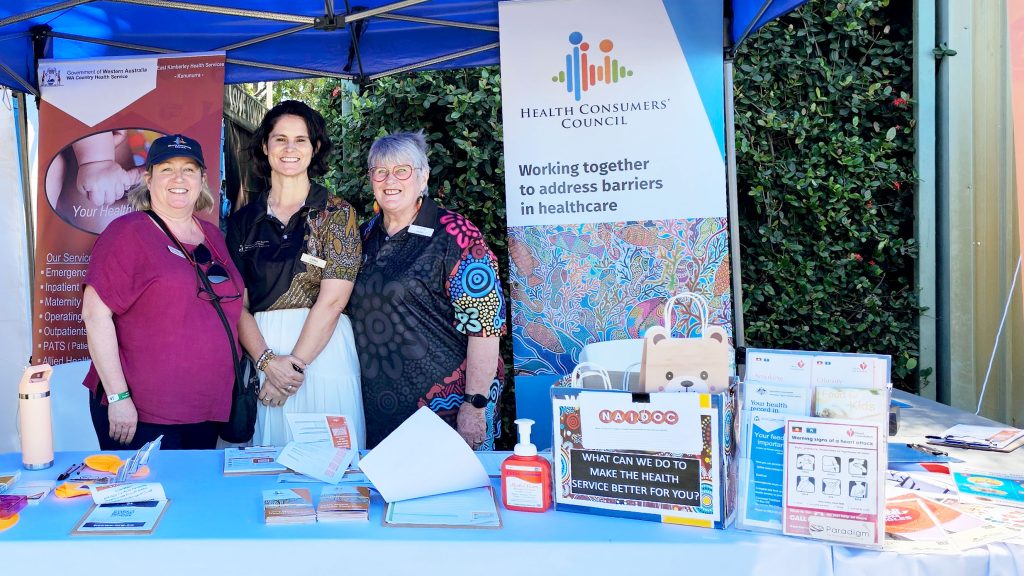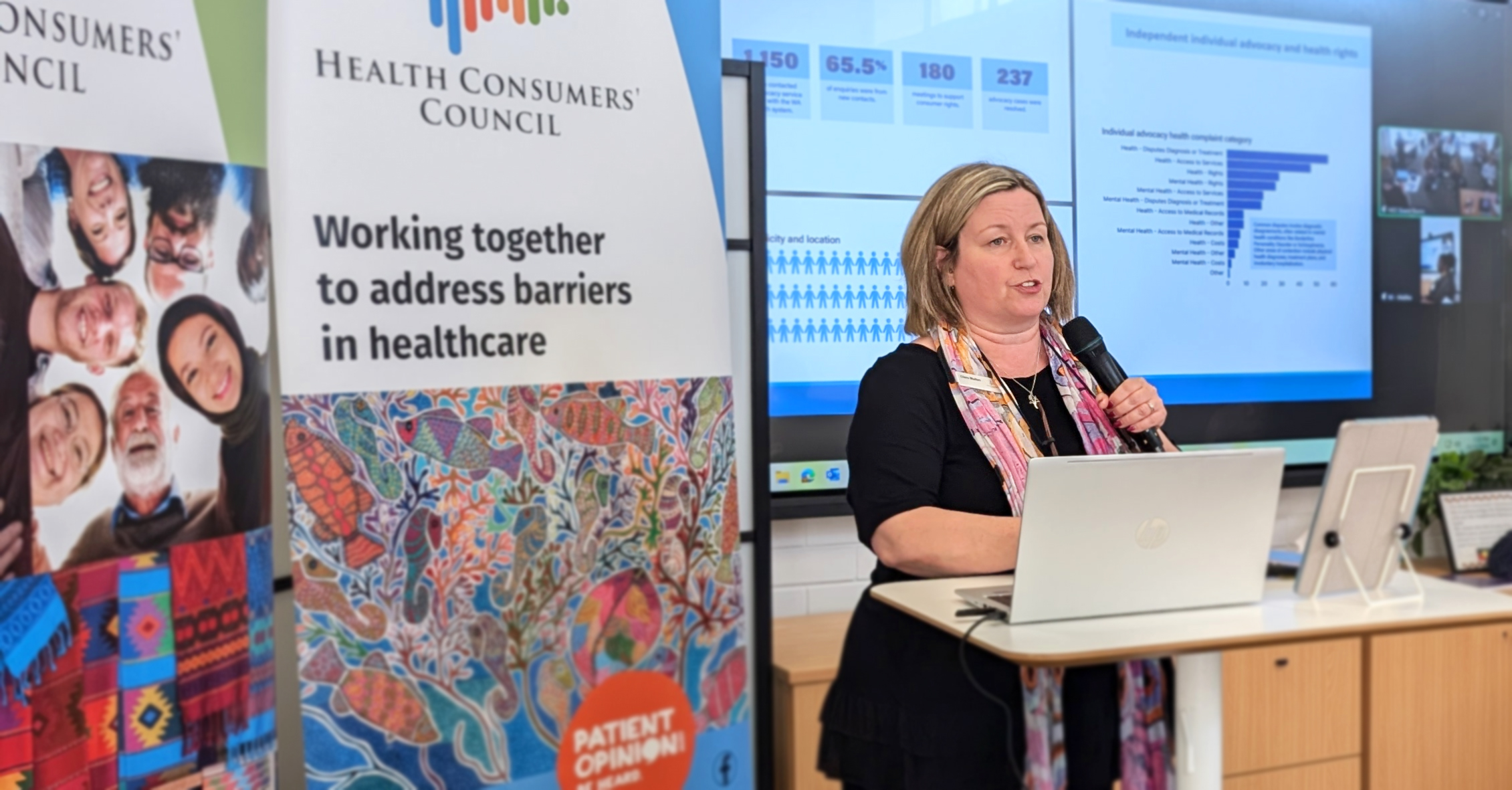What will the new bulk billing incentives mean for consumers?
Cleanbill have released a report that forecasts what they believe will be the impact of the incoming Medicare bulk billing incentives.
From 1 November there will be increased Medicare rebates available to GPs who bulk bill all of their patients. This initiative was designed to increase the rates of bulk billing and make affordable primary care more accessible for all patients. The government announced that they forecast that about 80% of practices would end up being fully bulk billing practices as a result of these changes. This report questions this modelling and suggests that the increases in the number of bulk billing practices may be more modest than consumers and the government were hoping for.
According to the data that Cleanbill uses, right now in WA only 42 practices, or just under 7% of practices are entirely bulk billing practices, which means they bulk bill every patient, not just those who are eligible for concessions.
Cleanbill’s modelling suggests WA can expect a doubling of fully bulk billing practices, which may sound terrific, but given that we are coming off a pretty low base it’s not as much of a game-changer as we might have hoped. This would see 85 fully bulk billing practices in WA bringing the rate of practices bulk billing to close to 14%.
Currently across the country, Cleanbill estimates that just over 21% of practices are fully bulk billing. With the incentives being introduced in November, their modelling suggests that there will be 740 additional bulk billing clinics across the country, bringing the percentage of clinics who bulk bill to over 33%. The largest increases are forecast to be in Victoria and New South Wales.
The report goes on to model bulk billing rates if the bulk billing incentives were 10%, 20% and 30% higher than those that are being implemented in November. Unsurprisingly, this comparison shows that if the incentives were increased, we could expect considerably more practices to become fully bulk billing. The modelling shows that if incentives were 30% higher than those being proposed, then nearly 82% of WA practices would fully bulk bill which reflects the forecast national figures.
Primary healthcare is the foundation of good health for individuals and a well-functioning health system for everyone. Here at HCCWA we want to see quality primary health care that is accessible and affordable for everyone, and we hope that increased bulk billing incentives see more people being able to see their GP without cost being a barrier.
Consumers’ Health Forum are a federal health advocacy body who undertake extensive systemic advocacy on Medicare issues and like us, they will continue to closely monitor the impact of the new incentives.
When considering this data it is worth knowing that Cleanbill are not a research institute or a Think Tank, they are not connected to a not for profit group and nor are they a government initiative. Rather, Cleanbill is a practice listings business where practices can pay to have their information available. Cleanbill list all practices and their fees, including those who have not paid for a listing, but the accuracy of their information is unclear, as many practices are unaware of the listing and therefore do not have the chance to update or correct their information.
For this reason, we consider this information to be interesting and potentially useful, but it is important that it is viewed through the appropriate lens.
Bronwyn Ife | Systemic Advocacy and Engagement Lead
Media enquiries: 0488 701 839 | info@hconc.org.au





